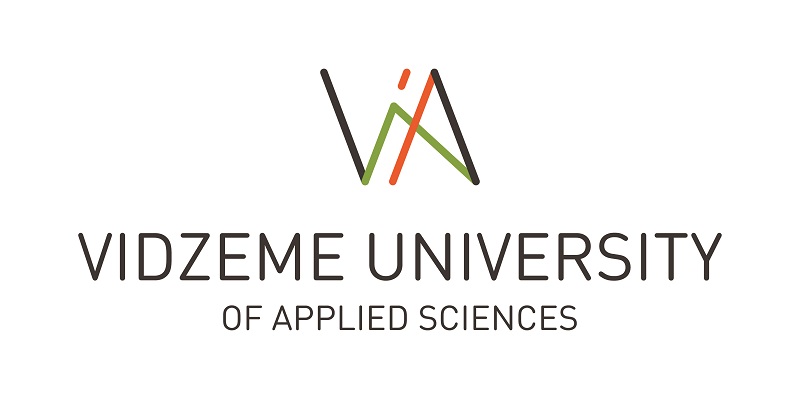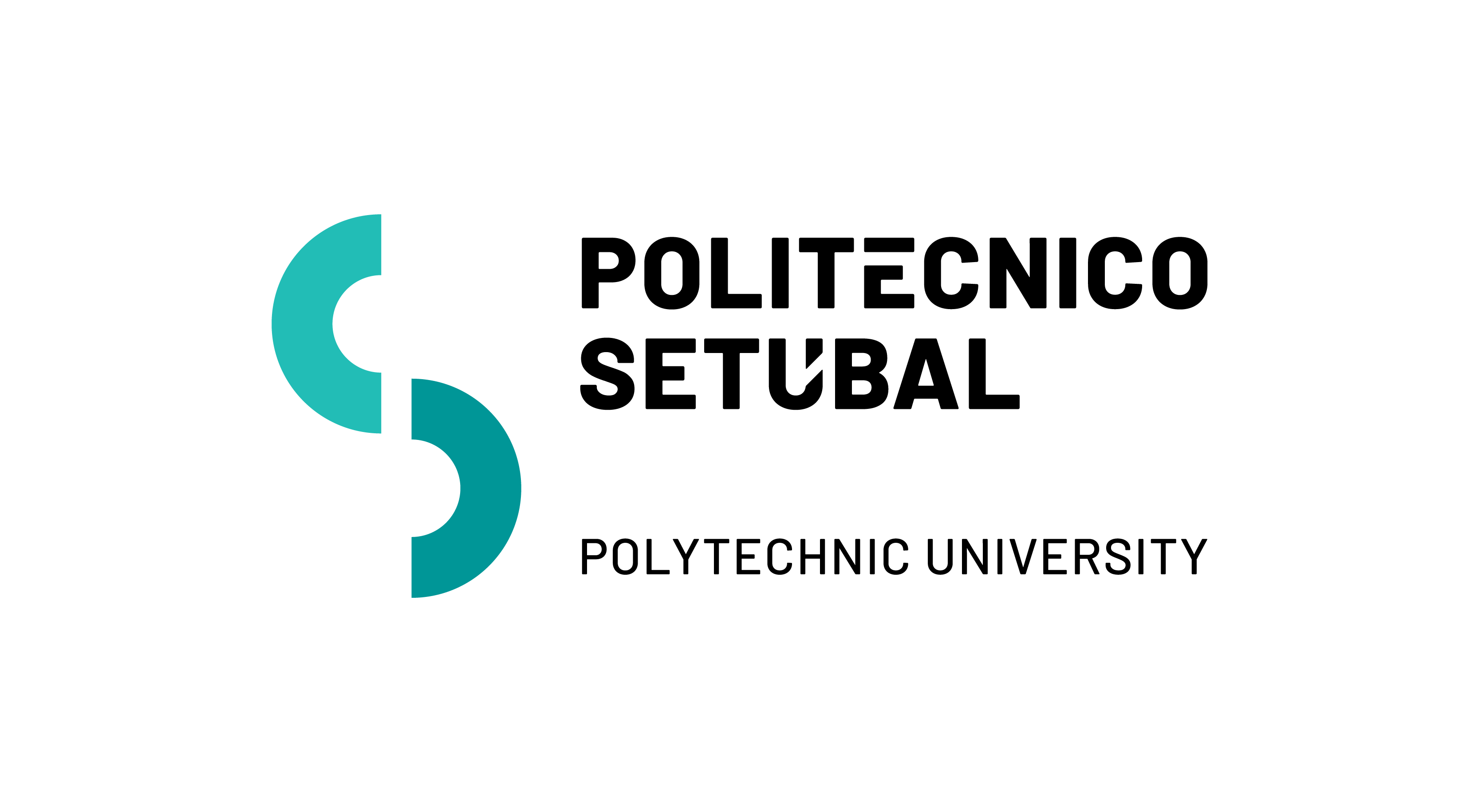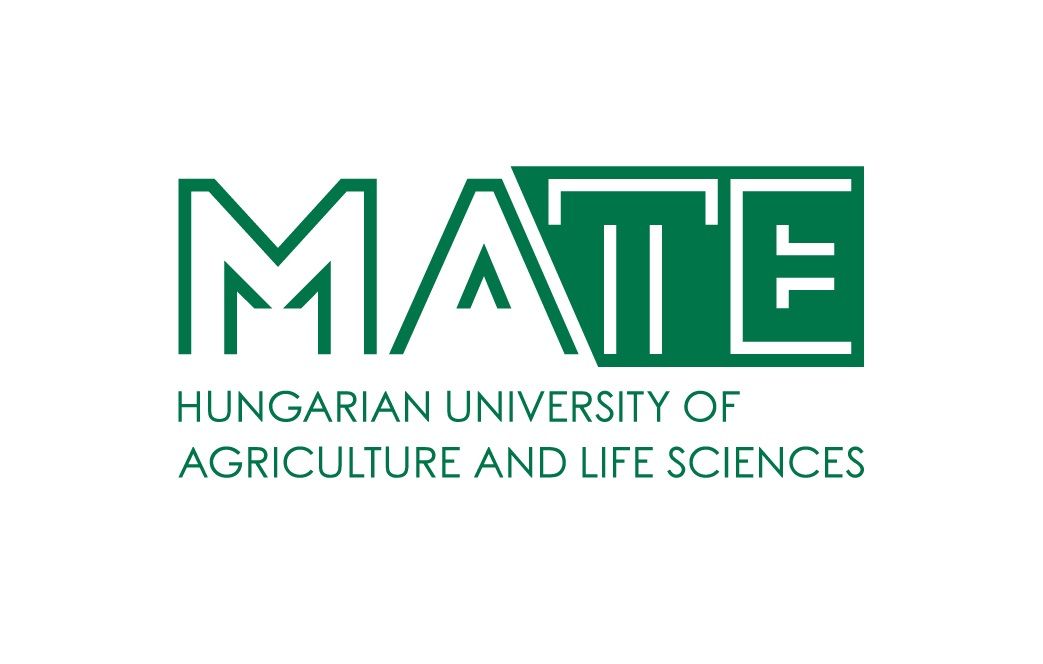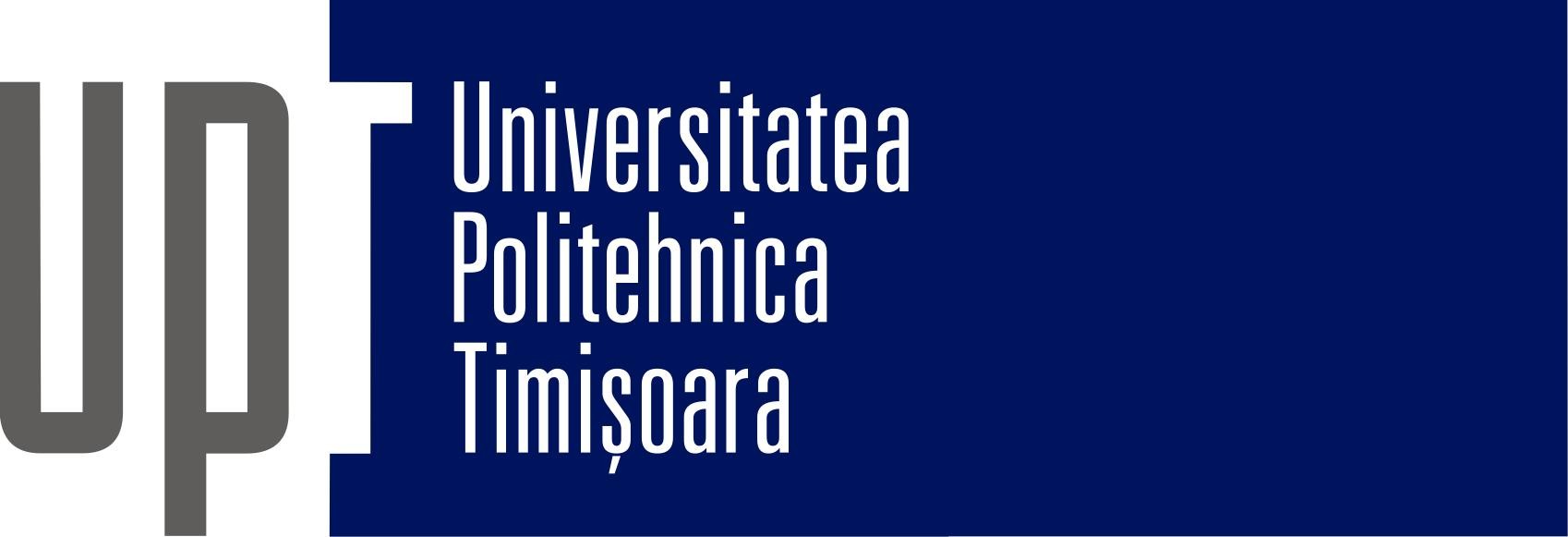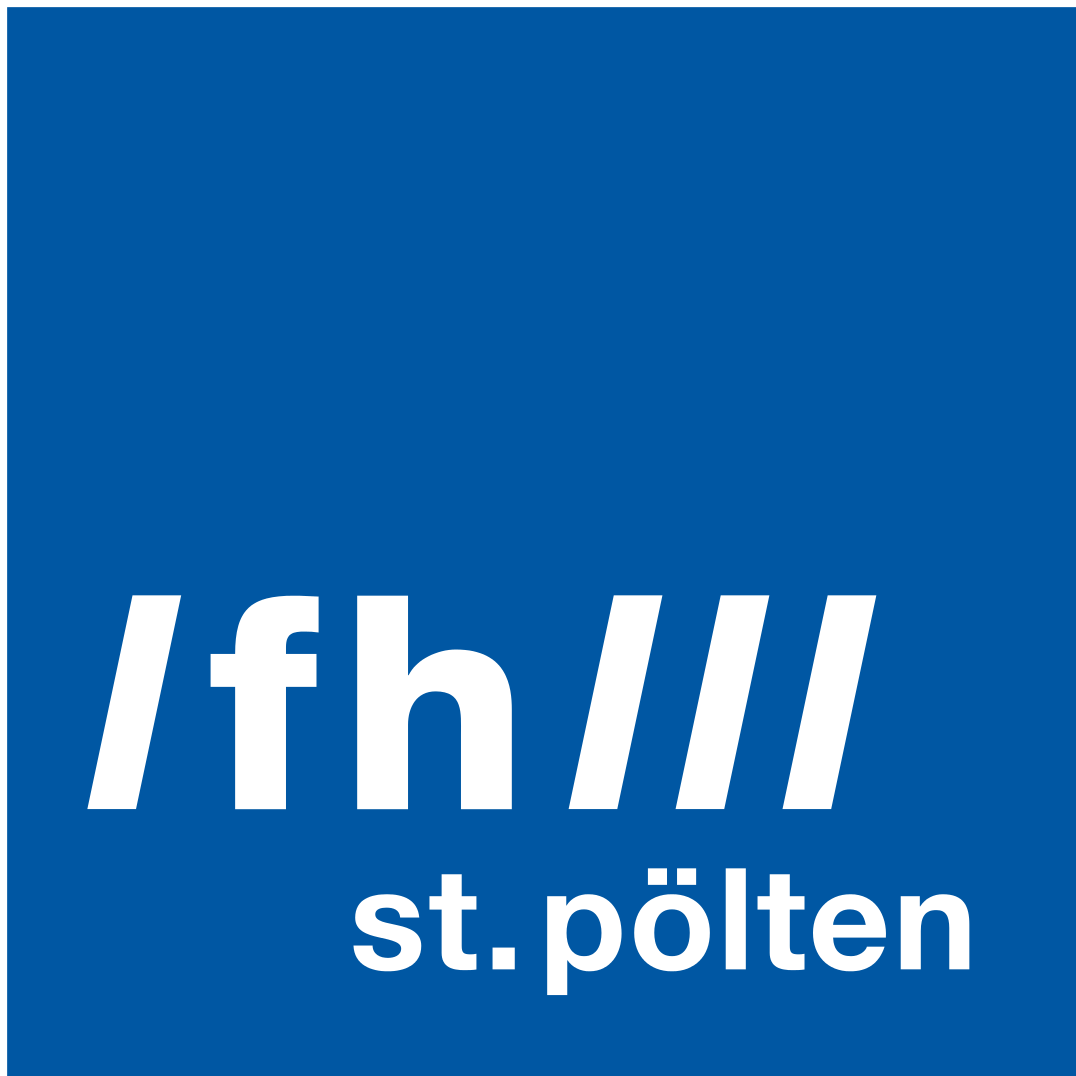Background
The project, which commenced in October 2022, is funded by the European Commission and overseen by the European Research Executive Agency (REA) as part of the Horizon Europe programme. It operates under the framework of the programme’s pillar on scientific excellence (call HORIZON-WIDERA-2021-ACCESS-05), aimed at enhancing the research and innovation capabilities of higher education institutions, countries, and their respective ecosystems.
E³UDRES² Ent-r-e-novators engages with a diverse array of individuals and entities, including academic institutions, regional authorities, companies, European research and innovation (R&I) networks, and regional innovation ecosystems. Committed to scientific excellence and research integrity, E³UDRES² Ent-r-e-novators collaborates within its cross-disciplinary and cross-sectoral R&I networks to promote present and future R&I competencies, skills, resources, methods, training, services, and management for collaborative research and open innovation aimed at fostering smart and sustainable regions.
Over the course of the 36-month project duration, E³UDRES² Ent-r-e-novators intends to conduct a comprehensive assessment of the existing research and innovation landscape in this region of Europe. This assessment will focus on critical areas such as infrastructure, equipment, human resources, activities, RD&I (Research, Development, and Innovation) initiatives, groups and networks, as well as Open Science policies and practices, and societal engagement.
Our team includes the 6 original partners of the E³UDRES² Alliance:
Project Content
WP1 | Leader: Instituto Politécnico de Setúbal (IPS), Portugal. The Project Coordinator oversees all WPs’ implementation and ensures compliance with EC Grant and Consortium Agreements.
Stay informed about the latest news and events from E³UDRES² Ent-r-e-novators!
Curious about the latest developments, upcoming events, and highlights of our project? Visit our news and events page for the latest news, updates, and information about our activities.

Don’t miss anything and discover how we collaborate on innovation and research for smart and sustainable regions! Follow us on social media:
E³UDRES²Entrenovators | Facebook
E³UDRES² Ent-r-e-Novators: overzicht | LinkedIn
Goals
Strengthening research and innovation, promoting inclusive and participative dialogues with our institutions and regions, and employing innovative and future-oriented co-creation methodologies.
To achieve this, we:
Develop structured support programmes aimed at empowering our scientific communities to fully embrace Open Science (OS), Open Innovation (OI), Open Education (OE), Engaged Science and Engaged Education;
Develop a structured and integrated framework to seamlessly link all our R&I ecosystems and the E3UDRES2 alliance’s knowledge triangle of education, research and innovation;
Methods
Results
Partners
